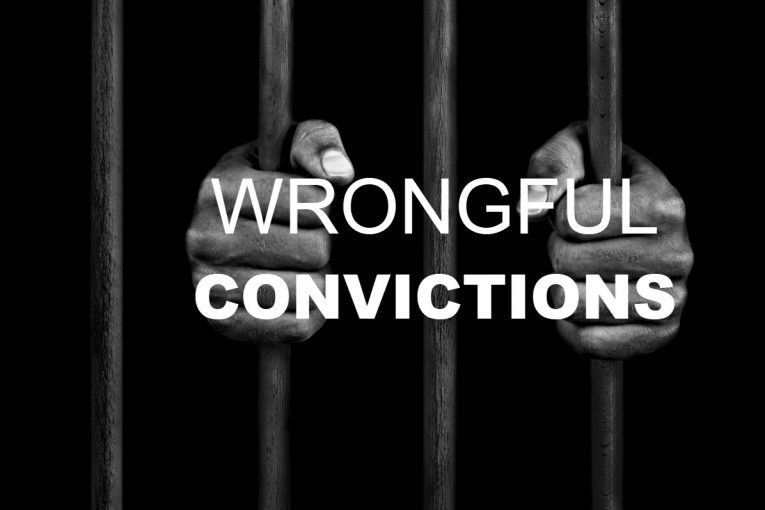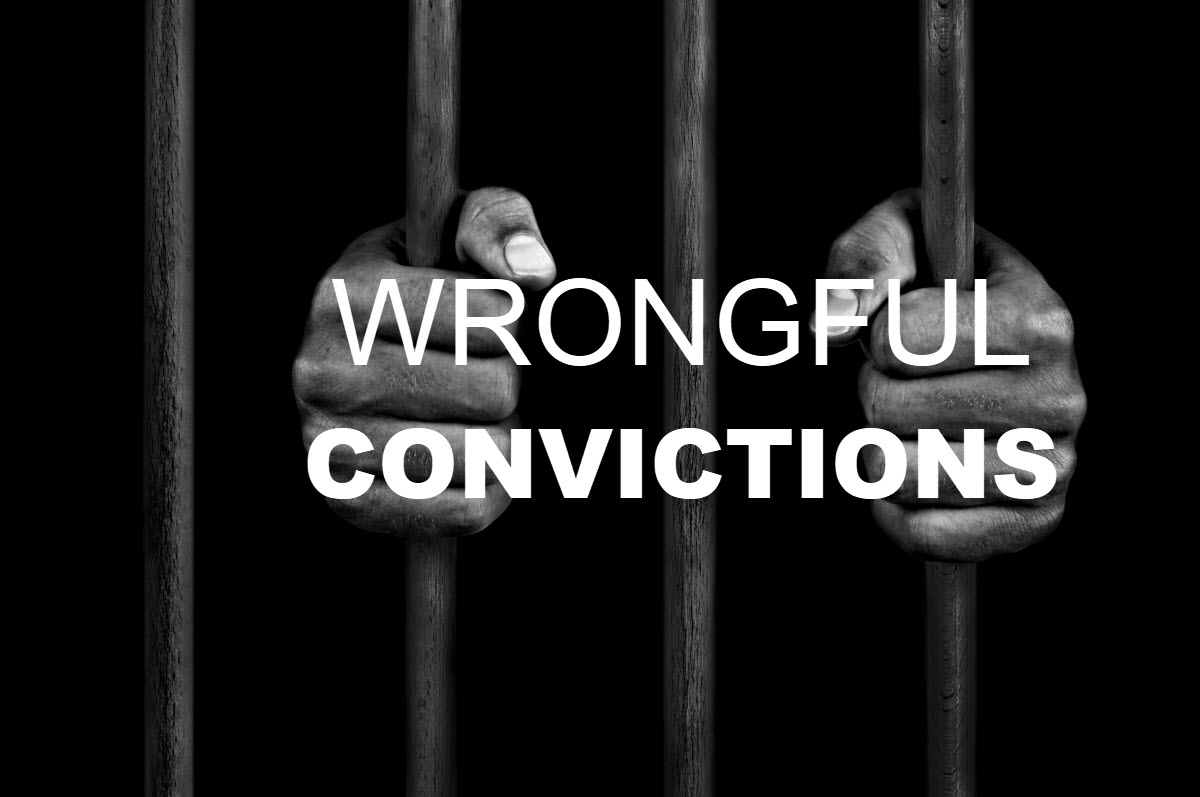
 SACRAMENTO, CA – Legislation to end wrongful convictions because of faulty expert witness testimony passed a key California State Senate committee Tuesday on a unanimous bipartisan vote, according to bill author Sen. Scott Wiener (D-San Francisco).
SACRAMENTO, CA – Legislation to end wrongful convictions because of faulty expert witness testimony passed a key California State Senate committee Tuesday on a unanimous bipartisan vote, according to bill author Sen. Scott Wiener (D-San Francisco).
The criminal justice reform legislation, SB 243, was OK’d by the Senate Public Safety Committee and now moves to the Senate Appropriations Committee.
Wiener said the measure will help exonerate innocent people across California, by strengthening the grounds for those wrongfully convicted based on faulty expert testimony to seek “post-conviction relief.”
According to Wiener’s office, SB 243 would amend the standards used for evaluating expert testimony and forensics in court pre- and post-conviction. Faulty forensic and scientific evidence, provided by expert witnesses, are the second most common reason that individuals are wrongfully convicted for crimes they did not commit.
Currently, said Wiener, “courts have discretion over which expert testimony is admissible. Studies show that courts accept most forensic science and expert testimony without sufficient scrutiny, leaving significant room for imprecision and human error. This error leads to the high rate of wrongful convictions. Expert testimony that fails to rely on sound logic should not be considered expert testimony at all.”
SB 243 will clarify the definition of false testimony includes opinions based on “flawed scientific research or outdated  technology that is now unreliable or moot, and opinions about which a reasonable scientific dispute has emerged regarding its validity.”
technology that is now unreliable or moot, and opinions about which a reasonable scientific dispute has emerged regarding its validity.”
SB 243 also clarifies that expert opinions that fail to use valid methodology, research, peer-reviewed studies, and scientifically sound data do not satisfy the requirements for admissible testimony.
“Faulty ‘expert’ witness testimony is one of the main reasons innocent people are sent to prison for crimes they did not commit. That is an unacceptable miscarriage of justice. Even one innocent person in prison is too many. SB 243 will ensure that when expert witness testimony is given, the science behind it is reliable. This is an important criminal justice reform measure that will help many innocent people,” said Wiener.
“The Senate Public Safety Committee has time and again reminded us of how much they care about protecting the innocent,” said Melissa Dague O’Connell, Staff Attorney and Policy Liaison for the Northern California Innocence Project.
“The Committee’s vote to move SB 243 forward recognizes how important it is for our criminal courts to stay lockstep with the advancements in and scrutiny of forensics and expert testimony to not just prevent wrongful convictions, but to intervene and restore justice when a wrongful conviction occurs,” O’Connell added.
Wiener’s office released a statement noting that recent studies from the National Academy of Science (NAS) and cognitive neuroscientist Dr. Itiel Dror that have proven that fingerprint analysis, often part of expert witness testimony, is highly unreliable and subject to cognitive bias.
The bill’s author noted that NAS also investigated the “CSI effect,” where jurors tend towards “unrealistic and preconceived notions about the availability and precision of forensic evidence in criminal trials” based on portrayals of expert witnesses in popular culture.
SB 243 is part of a larger slate of the California Innocence Coalition’s reform bills – Wiener authored SB 923, which ensures that law enforcement must use evidence-based procedures when obtaining an eyewitness identification.
Eyewitness misidentification is a key contributor to wrongful convictions proven with DNA evidence. Before SB 923 was signed into law, California had no statewide best practices for eyewitness identification and there were no evidence-based standards in place.
SB 243 is sponsored by the California Innocence Coalition, which includes the Northern California Innocence Project, Loyola Project for the Innocent, and the California Innocence Project.
To sign up for our new newsletter – Everyday Injustice – https://tinyurl.com/yyultcf9
Support our work – to become a sustaining at $5 – $10- $25 per month hit the link:
How about false exonerations from faulty expert witness testimony. Does it work both ways?
Exoneration or acquittal?
The same requirements apply to both prosecution and defense experts. But let’s not lose sight of the fact that the primary concern of due process safeguards in criminal proceedings (e.g., right to counsel, proof beyond a reasonable doubt) is to protect the fundamental liberty interests of the accused and minimize wrongful conviction.
You touch on an important point… outcomes of trials, either way, may not represent “justice” or “truth”… it is what it is…
As to ‘truth’ vs. ‘outcome of a trial’, a fully factually innocent person might be convicted… and a factually guilty person may be ‘acquitted’… like footballs bounce funny at times…
There is no doubt in my mind that some folk who committed murder (the one I’m thinking of was a double murder) got acquitted [probably because a jury did not convict those rogue officers who beat the heck out of Rodney King]… doesn’t mean ‘justice’ was served in either case… which reminds me to put orange juice on my shopping list…
See my 7:22 post…
You are also correct… acquittals (you used the term ‘exonerations’) based on ‘expert witness’ testimony can be ‘suspect’ (pun intended), as almost all “expert witnesses” are sought out, and well paid, for testimony that supports the attorney’s/client’s ‘position’…
It is of course a ‘diode’… an electrical device that ‘only goes one way’… so, if acquitted, justice has no second bite of the apple… ‘double jeopardy’… if convicted, no real limits to appeals (double entendre intended, as apples have peels…)
It is what it is…
THat’s partially true.
An acquittal does not mean innocence necessarily, it means that the prosecution failed to prove the case beyond a reasonable doubt, and as you note, due to double jeopardy, there is no second bite.
However, it is not true that there are no real limits to appeals. You are generally allowed one direct appeal (which can be elevated to higher courts) and one writ of habeas. There are many people in the system that have exhausted their appeals and it can be difficult to get those cases re-opened. That’s what is happening in the Missouri case that we covered a few weeks ago where the court denied him a hearing despite very strong evidence of innocence.
Here is a current text of the bill…
Bill Text – SB-243 Trial testimony: expert witnesses: writ of habeas corpus. (ca.gov)
Strangely, not cited in the “reporting”… whatever…
Please note, am not ‘spinning’ anything…
As a diversion, here’s a little helpful hint. The link Bill posted is, in fact, the current version of the bill. But because the bill has been amended since it was introduced, this version shows the changes made by the amendments to the prior version of the bill rather than all the changes the bill would make to current law.
To see everything the bill, as amended, would do, when you pull up a bill that has been amended after it was introduced, click on the Today’s Law as Amended tab. It will show all the cumulative changes the current version of the bill would make to current law.
Good clarification, Eric… appreciated…